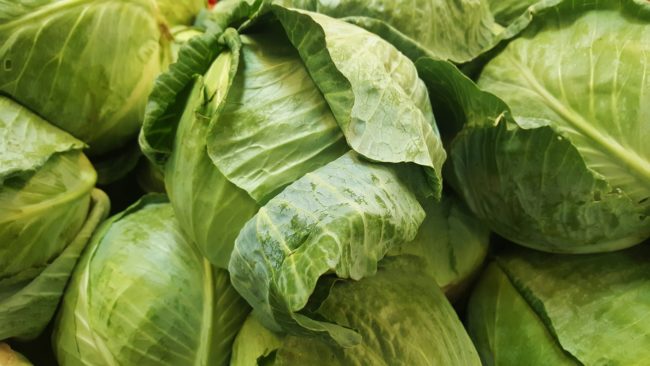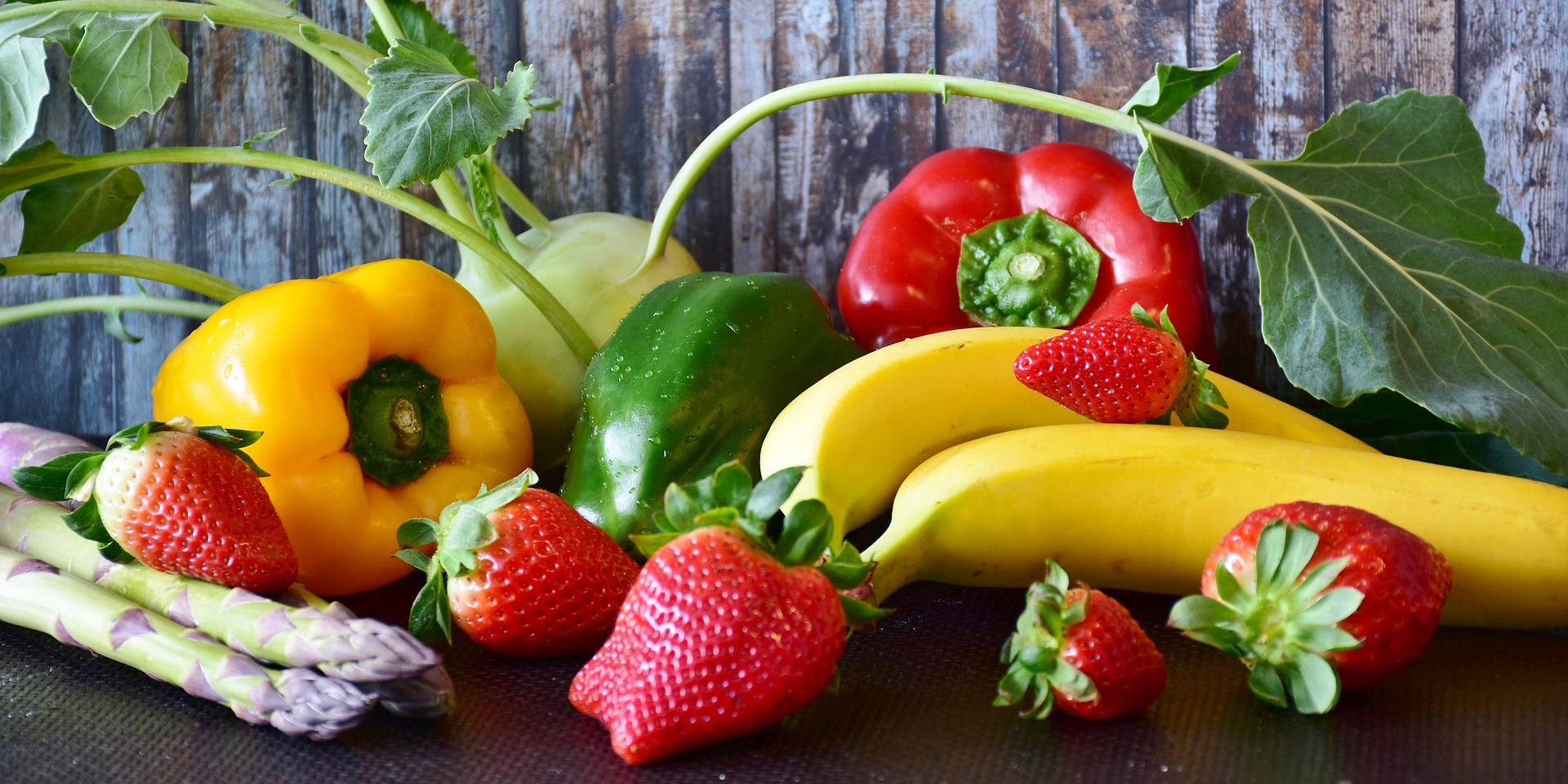
10 Tips for Hosting the Perfect Tailgate Party
December 18, 2024
5 Top #SelfCare Tips for your 20’s through your 50’s
December 18, 2024You know you should eat more greens and probably swap an apple for that bag of chips. But these health benefits might surprise you. Something as little as another serving of vegetables can really pack a health-boost punch.
Re-energize Health Habits
In one study, people who ate half a fresh grapefruit before meals lost around 3 pounds more weight than those who didn’t. And grapefruit isn’t the only food that helps with weight loss. Eating whole, unprocessed foods is a good way to maintain a healthy weight. But don’t despair if veggies trigger a disgust reflex or you’re tired of apples and bananas. Eating and utilizing vegetables and fruits is a lifelong adventure where you get to explore. Bring out your natural curiosity. Be present with your produce, taking time to pick out greens that look good and have a good texture. And don’t sweat it if you don’t like something. You’ll eventually hit that sweet spot where, instead of forcing yourself to eat vegetables, you’re excited to create dishes with their vibrant colors, textures and flavors.
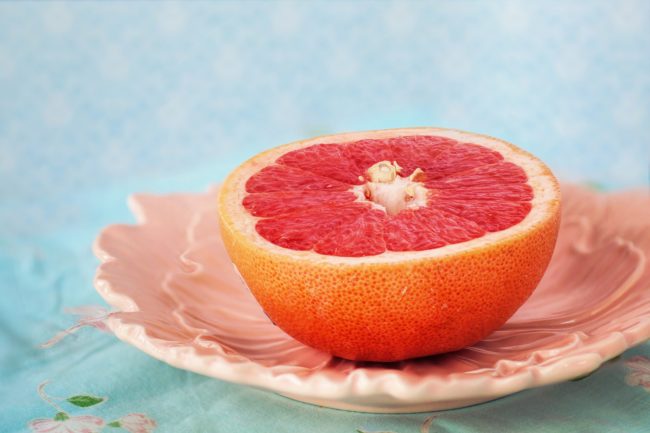
Feed Your Fat
Every diet is going to have some fat in it and not all fats are created equal. Keeping track of the types of fats can be confusing but an easy rule of thumb is that if something is fried, it’s probably not healthy. Luckily, there are several fruits that are full of healthy fats. Avocados are loaded with a monounsaturated fat called oleic acid. This fatty acid is famous for various health benefits. Avocados may also lower bad cholesterol, making them heart healthy. Coconuts are another notoriously fatty fruit with health benefits. Coconut oil is a popular cooking oil that may be healthier than other alternatives. And finally, there is the mighty olive. Extra virgin olive oil is a staple of some cuisines and has consistently been shown to improve cardiovascular health.
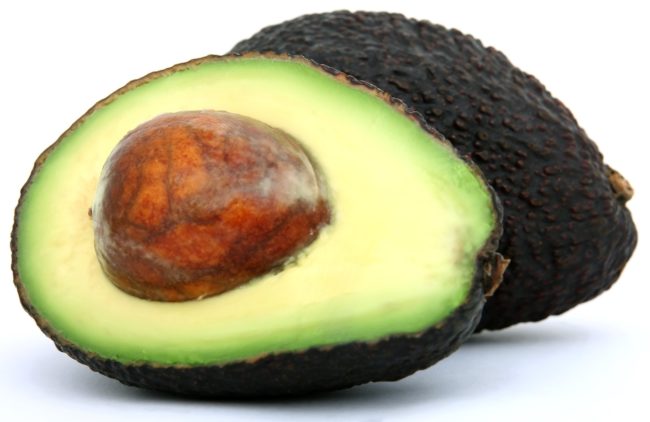
Carbo-Load
Carbohydrates are an important energy source for the body and come in one of three main categories: Sugars, Starches and Fiber. You may be surprised to find out that most vegetables and fruits have carbohydrates, some with more than others. But don’t sweat it. Vegetables and fruits have low amounts of carbohydrates compared to foods with refined carbohydrates, such as white bread and white rice. And most vegetables and fruits have added health benefits that processed foods do not, like healthy starch and vital minerals and vitamins. So go ahead and load up on fruits and veggies.
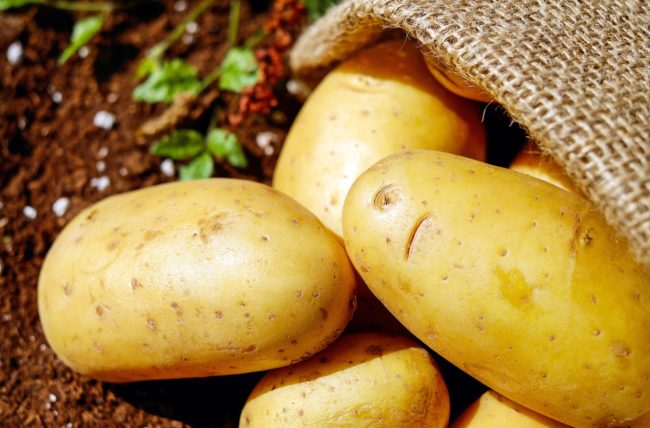
Kick the Blues
In a few studies, low folate levels have been associated with depression. B vitamin folate may be connected to neurotransmitters that are important for mood and several studies have found that diets rich with vegetables and fruits are associated with a decreased risk of depression. Keep fruits and vegetables that you enjoy on hand and easily visible. You’re more likely to eat something if you see it often, so don’t stuff veggies and fruits in the back of the fridge. Folate-rich vegetables include avocado, broccoli, spinach, turnip greens, edamame and okra.
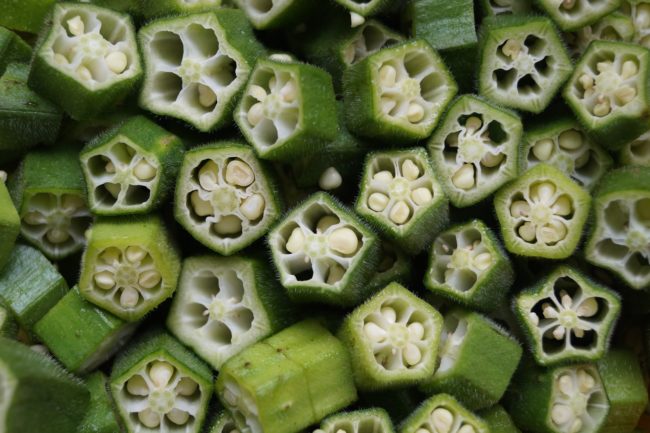
Micro-Punch
There are many small compounds that the human body needs to function. Micronutrients enable the body to produce enzymes and hormones, and most fruits and veggies are packed with the micronutrients you need. Everything from potassium to zinc to iodine are micronutrients essential for health. Your average salad is going to have more micronutrients than a bag of chips or a box of cookies, so dig in to leafy goodness! And best yet, fruits and vegetables are cheaper than most supplements. So if you’re tempted to buy expensive vitamins and minerals, consider what you could simply eat instead.
